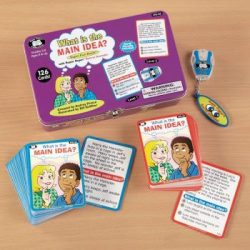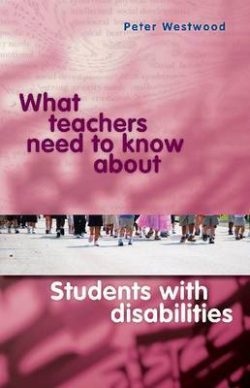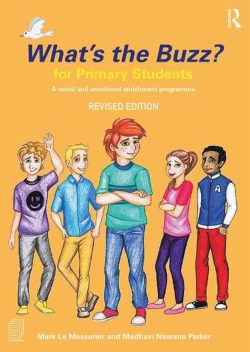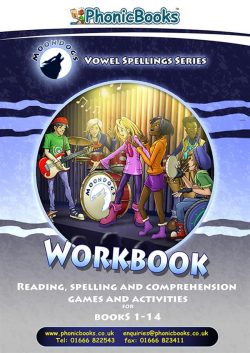The Magic Belt Series Workbook (...
$80.00ISBN 9781907170850
 Australian History Stickers
1 × $4.45
Australian History Stickers
1 × $4.45  3D Shapes Chart
1 × $8.95
3D Shapes Chart
1 × $8.95 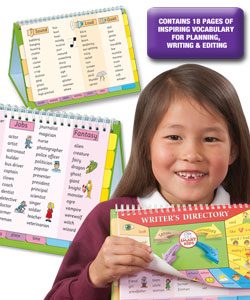 A3 Large Writers Directory
1 × $29.90
A3 Large Writers Directory
1 × $29.90 Subtotal: $43.30 (incl. tax)
Showing 101–120 of 130 results
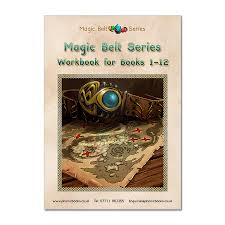
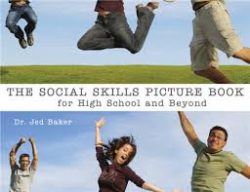
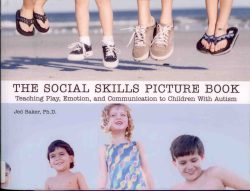
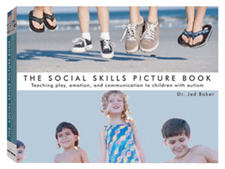
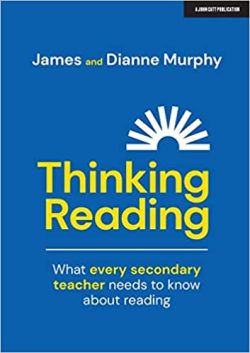
Despite the efforts of teachers and educators, every year secondary schools across the English-speaking world turn out millions of functionally-illiterate leavers. The costs in human misery and in wasted productivity are catastrophic. What can schools do to prevent this situation?
In their highly-accessible new book, James and Dianne Murphy combine more than 50 years of experience to provide teachers with a thorough, easy-to-use walk-through of the extensive research on reading and its effects on student achievement. Drawing on the work of experts from around the world, the authors explore how we learn to read, how the many myths and misconceptions around reading developed, and why they continue to persist.
Building on these foundations, chapters go on to examine how the general secondary school classroom can support all levels of reading more effectively, regardless of subject; how school leaders can ensure that their systems, practices and school culture deliver the very best literacy provision for all students; and what it takes to ensure that a racing intervention aimed at adolescent struggling readers is truly effective.
The overall message is one of great optimism: the authors demonstrate that the right of every child to learn to read is entirely achievable if schools employ the best research-driven practice.
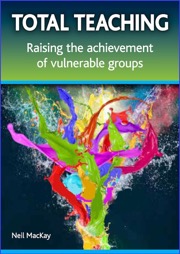


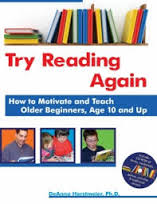
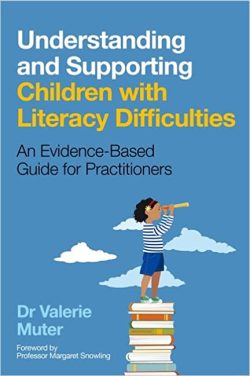
Learning to read is arguably the single most important educational challenge a child faces in the first years of schooling, setting a child up for future academic success and opportunities. However, it is estimated that one in six children experience literacy difficulties.
This is the go-to book for psychologists, educationalists and other professionals wanting a deeper understanding of current thinking around dyslexia, reading comprehension difficulties, and related SpLDs. Drawing on six fictional case studies to illustrate her points, and using examples of good practice throughout, Valerie Muter unpacks the latest psychological theories and research on literacy disorders.
She discusses the interconnections between underlying cognitive problems and learning and educational and behavioural issues, as well as the common co-occurrence of these conditions. This authoritative book also provides accessible guidance on making assessments and tailoring interventions within the home or school.
Written by a lead thinker in the field, this is an essential evidence-based guide for those working with children with literacy difficulties and supporting them to achieve their full potential.

